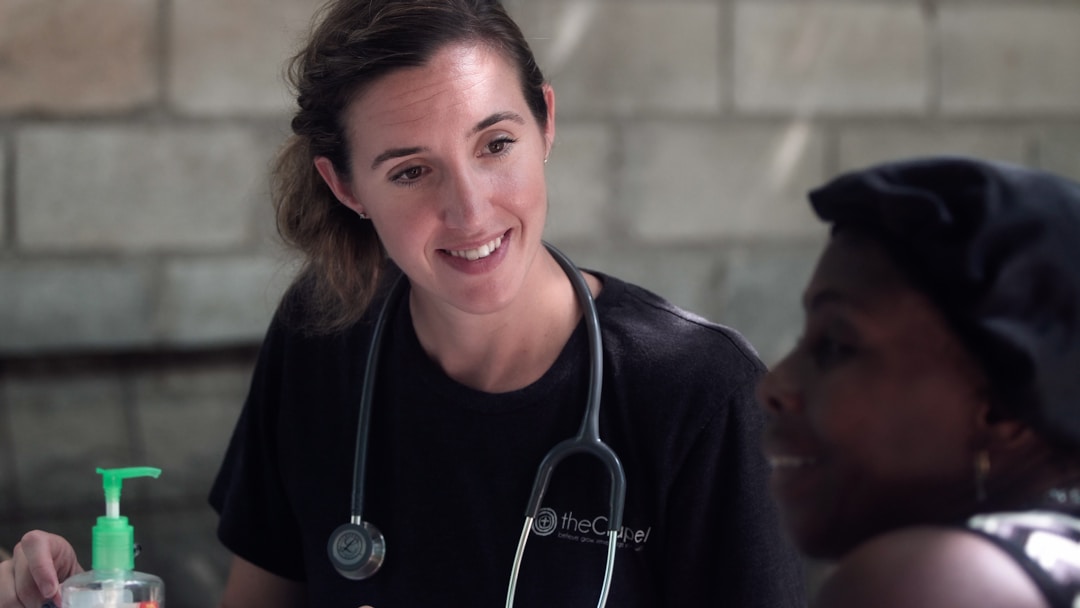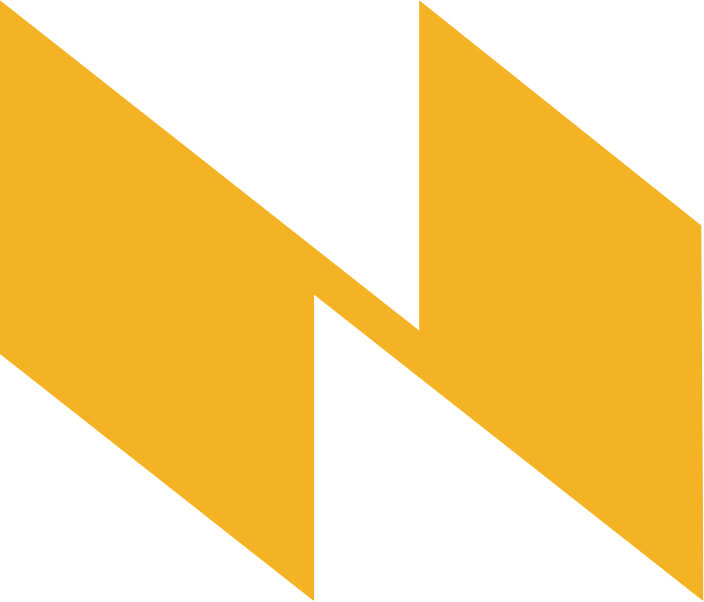There is no doubt that medical assistants play a meaningful role in the healthcare industry. Their responsibilities lie in both administrative and clinical tasks, making their role diverse and unique. Pursuing a career in this field allows individuals to work in various settings, such as hospitals, private practices, and clinics. However, many people find they don’t know what to do or where to start if they want a career in healthcare. In this article, we will discuss crucial tips to help you on your journey to becoming a successful medical assistant.
Prepare for the Job Search Process

Begin your job search by creating a professional resume, highlighting your experience, skills, and education. Curate a cover letter tailored to each job application, emphasizing your passion and commitment to the field. Utilize your network to discover job openings and attend local job fairs to connect with potential employers. Be open to entry-level positions, as these opportunities can lay the foundation for your career growth and professional development.
Whether you’re new to the job market or are looking for a career change, staffing agencies can be an excellent resource for finding job opportunities that match your skills and experience. This is particularly true for those pursuing careers in the medical field, such as medical assistants. Prolink is a perfect example, and they work with candidates that are seeking both temporary and full-time opportunities. By being able to browse relevant and available job listings and work with experienced professionals, you’ll be able to find the right job for you.
Research and Choose the Right Program
Before embarking on your career journey, find the right medical assisting degree program to suit your needs. Accredited programs ensure that you get a quality education and also increase your chances of being recognized and accepted by employers. Consider the program’s curriculum, access to resources and facilities, and reputation. Look for a program that goes beyond theoretical knowledge, offering hands-on experience and practical skill development.
Remember to evaluate the program’s duration, course flexibility, and cost before making a decision. Connect with current medical assisting students, recent graduates, and professionals within the industry. Networking will provide a platform to ask questions, seek mentorship, and gain insider tips that will be beneficial in choosing the right program and navigating the healthcare job market.
Develop Essential Skills and Qualities

Having the right skills and qualities will set you apart from other candidates and ensure your success in the medical assisting field. One quality you need is effective communication. Medical assistants need to communicate clearly with patients, colleagues, and healthcare providers, ensuring they understand instructions and concerns. Other necessary skills include empathy, active listening, organization, and attention to detail.
Strong organizational capabilities will help in managing schedules, tasks, and patient records efficiently. Attention to detail is imperative when it comes to patient care, as overlooking critical information can result in severe consequences. Nurture these skills and qualities throughout your education to enhance your performance as a medical assistant.
Gain Experience Through Internships and Volunteering

Completing internships and volunteering in healthcare settings can provide valuable experience, hands-on skill development, and networking opportunities. Internships are usually a component of most medical assisting degree programs, equipping students with real-life exposure to the healthcare industry. Seek internships in diverse healthcare settings such as hospitals, private practices, and nursing homes to gain a broad perspective.
Volunteering in these settings can also be advantageous, demonstrating your commitment to the field. Such experience can be added to your resume. Furthermore, volunteering and internships build connections within the healthcare industry. Don’t underestimate the power of networking through professional associations and social media platforms. Connect with other medical assistants, attend conferences, and join online forums to stay updated on industry trends and job openings.
As you can see, focusing on choosing the right education program, developing essential skills, gaining hands-on experience, and acquiring certifications can significantly enhance your chances of becoming a successful medical assistant. Leverage your network and be persistent in your job search to get your desired position in this growing and dynamic field. If you follow the advice in this article, then you’ll be well on your way to landing your first medical assistant job.



















